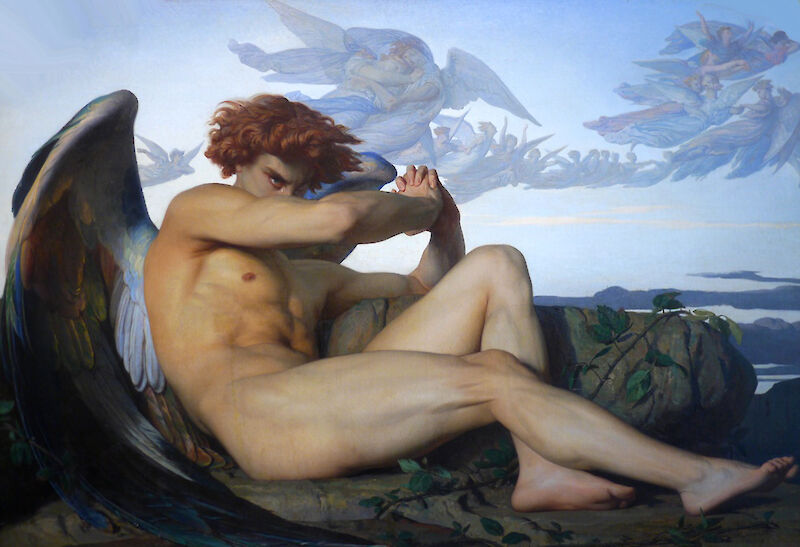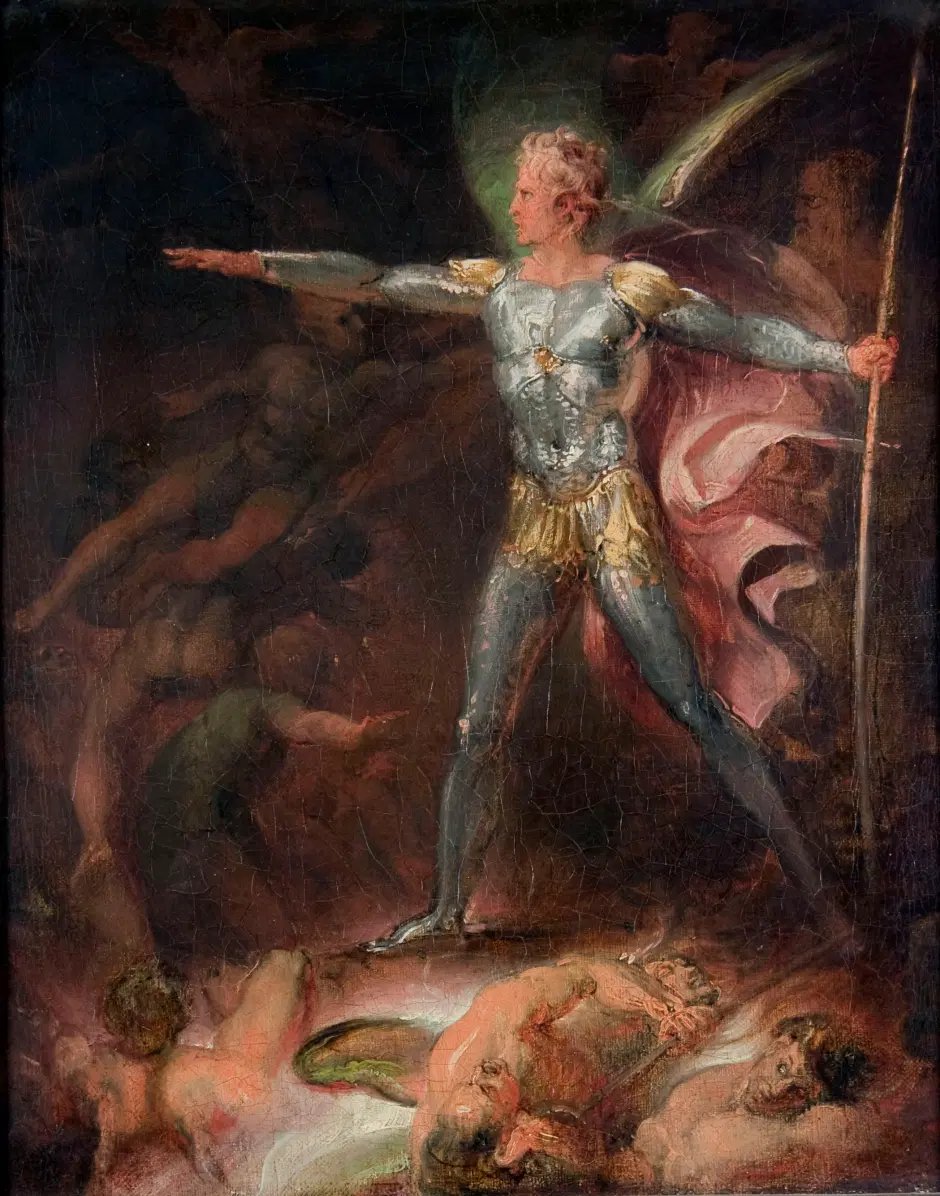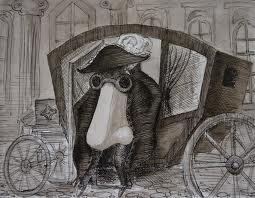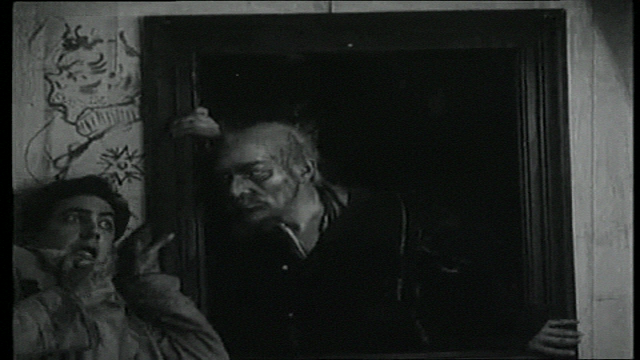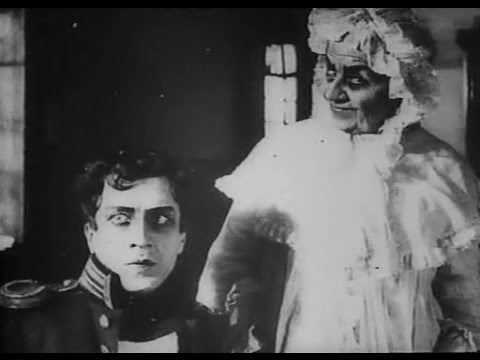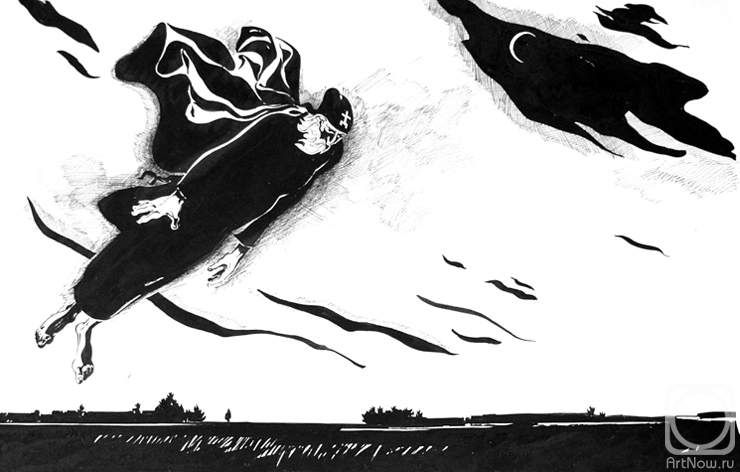
Took me about 5 minutes to stop rolling my eyes but I'm back now.
This does rather seem to lean into elitist attitudes which are all too common with (self-defined) 'literary' fiction patting itself on the back for how clever it is.
Let's get into it.
This does rather seem to lean into elitist attitudes which are all too common with (self-defined) 'literary' fiction patting itself on the back for how clever it is.
Let's get into it.
https://twitter.com/foliosociety/status/1325739661902405632
This study suggests that literary fiction readers is associated with more analytical competency and specifically in the field of assessing and understanding those around you.
Their findings seem compelling.
But there's a problem (or 10) 2/
Their findings seem compelling.
But there's a problem (or 10) 2/
The first question to ask here is how 'literary' and 'popular' fiction are being defined. The examples used are Don Delillo, Jonathan Franzen, Alice Munroe (literary) and Dan Brown, Tom Clancy, Jackie Collins (popular).
Hardly covers the field of literature, does it?
Hardly covers the field of literature, does it?
Let's lay aside for a second that these exemplaric texts are extremely limited in terms of genre, national source, tradition, period and the subject position represented by the author (the blinding whiteness) ...
There is no attempt made her to recognise or interact with the vexed question of whether 'popular' and 'literary' are valid terms or how to define and understand them.
(Gif shows literature scholars involved in 'friendly' debate on this question) 5/
(Gif shows literature scholars involved in 'friendly' debate on this question) 5/
Who draws the boundaries around what is 'popular' and what is 'literary'? These distinctions frequently reflect the judgements of the allocator rather than any objective or neutral position.
What is 'popular' changes over time. Popular and dismissed in the 18th century... 6/
What is 'popular' changes over time. Popular and dismissed in the 18th century... 6/
is classic, complex and intricate in the 21st.
Being 'popular' is not a category, genre or form of denomination with any actual meaning beyond... these books sell.
Apparently, selling books is bad? It instantly drains any meaning or complexity from your work. #Facts
Being 'popular' is not a category, genre or form of denomination with any actual meaning beyond... these books sell.
Apparently, selling books is bad? It instantly drains any meaning or complexity from your work. #Facts
'Literary' is also not a neutral, nebulously existing category. It is defined and delimited by a cultural machine of writers, critics and trend-setters.
Because angry white men define their work as era-making and of universal or paramount importance, does that make it so?
Because angry white men define their work as era-making and of universal or paramount importance, does that make it so?
The designation of fiction as 'literary' is often fairly arbitrary. Looking at what is excluded often tells you more about what people think is important than it does about the fiction itself, its potentials, its complexities, its meanings.
Popular fiction is often used as a synonym for genre fiction and I'm going to say it real loud for the people in the back, GENRE FICTION IS RICH, COMPLEX AND FASCINATING.
If there is one thing I never want to see again in this life, it is a crappy hot take about how genre fiction is generic, formulaic, simplistic, meaningless.
Get yourself straight to the bin. Do not pass go. And leave £200 on the way out.
Get yourself straight to the bin. Do not pass go. And leave £200 on the way out.
Science fiction tests the boundaries of the possible, asks questions about the human condition, imagines possibilities beyond the material.
Horror allows us to explore the boundaries of meaning, plumb the causes of fear, reflects and interrogates our society's anxieties.
Horror allows us to explore the boundaries of meaning, plumb the causes of fear, reflects and interrogates our society's anxieties.
Romance allows for ways to reimagine the world, prioritises the experience of those whose views and desires so rarely form part of hegemonic narratives, explores the complexities of the emotional world and human inter-relations.
One of my main joys in life is when 'literary' writers decide to plunge into genre with a 'hahaha, I can do this better, I'm doing things no-one has ever thought of' and gets absolutely piled on by genre communities for their reductive age-old takes.
Anyway... back to this article. A key problem then lies in the arbitrary definition of literary fiction and popular fiction used. Although the books chosen as examples may be a reduced sample, they certainly point us towards problems and assumptions in this study.
Quote: Because literary fiction paints a more complex picture of human affairs, and of the human psyche, than popular fiction . . . we should find that readers of literary fiction develop more complex schemas about others, their behavior, and about the social world they inhabit.
Genre fiction and popular fiction are just as capable of complexity, of introducing and exploring different subject positions. Some of the best work I've seen reflecting and *respectfully* and intricately done on Mental Health conditions is in romance novels.
Some of the most in depth, rich and nuanced explorations of the individual and collective psyche are to be found in horror narratives.
What this study pointedly does not seem to engage with at all is the idea of popular fiction as coming out of, depicting and engaging with a variety of subject positions and experiences...
The list of authors quoted in the article is pretty overwhelmingly white, cis and het.
The list of authors quoted in the article is pretty overwhelmingly white, cis and het.
It claims that literary fiction can teach us more about other people, other ways of life, the complexity and richness of humanity...
Are you telling me a moaning white man from a privileged background can tell me more in 10 books about life, the world and its infinite varieties, than 10 genre fiction books written by a diverse range of authors?
If so...
If so...
Let's see shall we:
The last ten books we read: @oldgodspod (horror in the Appalachias interrogating eco-horror, capitalism and exploitation); The Doctor's Discretion (historical trans romance); Northanger Abbey (parodic engagement with Gothic and women's place in society)
The last ten books we read: @oldgodspod (horror in the Appalachias interrogating eco-horror, capitalism and exploitation); The Doctor's Discretion (historical trans romance); Northanger Abbey (parodic engagement with Gothic and women's place in society)
Cemetery Boys (supernatural tale set in LA Latinx community with trans protagonist); Elizabeth Gaskell - Ghost Stories (tales which explore haunting pasts, presents and futures); Engkwentro Anthology (Filipino horror based on folklore);
Intruders by @BlckPorcelain (South African supernatural tales); Mexican Gothic by Silvia Moreno Garcia (anti-colonialist Gothic narrative), Magnus Archives (horror anthology with a wide range of stories and representation); Elatsoe by @ShiningComic (Lipan Apache Ace heroine)
We should have been reading Don Delillo, should we? Would that have given me less of an 'ego-centric' position?
I will just laugh myself off into the distance at the thought of that.
I will just laugh myself off into the distance at the thought of that.
In summary, if you're feeling great about how clever you are because you read literary fiction, how you know more about life, the universe and everything because you turn up your nose at genre fiction, about how a 'scientific' study seems to have backed that up... think again.
For context, I'm saying this as an 18th century scholar who uses the complexities of contemporary theological debate to interrogate... absolute trash from the period. And I love it. And if someone tells me I'm someone stupid because I largely hate 'literary fiction'...
• • •
Missing some Tweet in this thread? You can try to
force a refresh

